Why I regret my volunteer work in India
I truly believed that I was going to contribute something to the lives of the children in the poor village in India. I would give them a chance to free themselves from their inevitable poverty. I wanted to make a difference and, perhaps, make the world a bit more beautiful as I passed through.
Travelling and combining volunteering was still a fairly new concept 12 years ago when I first ventured to India. ‘Voluntourism’ has since become a hugely popular pastime for backpackers. The promise is that you’re going to really make a difference in the lives of the poorest people on this planet. Many moons ago, I paid more than 2000 euros of my hard-earned money to a Dutch volunteer organisation and left for two months to a remote mountain village in the north of India. I had no idea what I was getting into and had no idea that I would regret it twelve years later.
Teaching English in India
With my high school diploma and a head full of ambitions, I decided to work and travel before I started university. I was just 19 years old. After a few months of full-time hard work, I saved enough money to sign up with a travel organisation that offered volunteer work in the poorest countries in the world. India? Nepal? Ghana? Working in an orphanage? Refurbishing schools? Giving sex education? I didn’t even need any qualifications or training – so I chose to teach English in India.
Voluntourism
For two months the beautiful mountain village of Palampur, at the foot of the Himalayas, was my home. Together with dozens of other young Europeans, I lived in a villa on the outskirts of the village. During weekdays, I worked in a small primary school a few kilometres away. The children seemed to like it when I was in front of the class and I didn’t question the work I was doing for a moment. Until I started reading about the industry of volunteering: Voluntourism . Where volunteer work exists for the volunteers , not for the people who are (supposedly) helped by it. That was a painful realisation.
I had no idea of what I was doing
I was only 19 when I was given the responsibility for a class of 40 children. The youngest was barely six years old and the oldest at least 12. On day one I was given an outdated rag with English words and math assignments put into my hands. They also wanted me to teach mathematics? Good luck with that!
Did I really teach them something useful? I don’t think so. I had no experience with teaching. Moreover; I had only just graduated high school myself! I taught them the days of the week, but I wasn’t sure if they understood what they were saying or if they only imitated my sounds. Most of the time it was total chaos in the classroom. The older children climbed into the windows, tugged on each other’s clothes. The youngest clung to me and looked with wide eyes at my white skin and light hair. We laughed, we played and we cuddled. We made drawings of trees and elephants. We sang happy songs and danced. I did everything a big sister would do and we all enjoyed every minute of it… for as long as it lasted.
And then I left …
A lot of goodbyes
After two months, it was over. As suddenly as I came into their lives, I also left. The children had attached themselves to me. And I to them. The farewell was hard. While I suppressed my tears, I joked that I wanted to put the sweetest boy into my backpack. Five-year-old Priya didn’t let go of my leg, even when I really had to go.
I was terribly sad that I had to leave, but I was also looking forward to the trip that I was going to make through India. I had something beautiful to look forward to, but sadly that was not the case for the children I had left behind. In their small, innocent life I had provided a moment of joy and then abandoned them, just as many volunteers had before me, and would undoubtedly do after I left.
Time after time, they received love and attention and then they were abandoned again. I don’t even dare to think of the psychological impact that this would have on small children, and that’s before I consider all of those unqualified volunteers (including yours truly) who have no idea of the harmful effects their good intentions have on the behaviour and development of the children.
Good intentions that have bad consequences
It took a long time before I dared to write this blog, that’s not because of the shame that I feel now for what I did back then, but because of the angry reactions that I have received in the past when I criticised these forms of volunteer work. But people mean well?! How can you criticise that?
These vulnerable children see hundreds of westerners pass by with the best intentions. They stay for a month or two, take joyful pictures, share sweets and textbooks and cuddle as if they were their own younger siblings. Then they leave again and the next group is ready to repeat the ritual. The organisations behind this kind of voluntary work do not ask critical questions about the impact of good intentions. They don’t look at what the local people really need and whether the volunteers can offer that. Many of the volunteer organisations are profitable institutions. Travellers with good intentions spend thousands of euros, few of which are actually invested in the local community they want to help. That’s why you have to wonder if your good intentions may actually result in bad consequences.
What can you do?
I don’t want to put you off doing something good. Fortunately, there are a lot of possibilities to make a contribution when you travel. Ask yourself and the organisation you are working with the following questions to know whether your contribution has a positive or negative impact.
1. Would I still do this if I didn’t have a camera?
This may seem like a strange question, but it helps you discover what your deeper motivation is to do volunteer work. Do you do it to help or do you do it to look good? Do you want to share your skills with the locals or do you want to give your CV a boost?
2. Is it possible to do this kind of work at home?
With this question, you discover whether you are suitable for the work you are planning to do. If I had asked myself this question, my answer would have been ‘no’. I realise that I have not been trained to teach English and Maths, and would never apply for a job like that in the Netherlands. So why would I be suitable for it in India?
3. Why are the locals unable to do the job themselves?
It’s possible that by volunteering, you are doing someone else’s job unpaid. Why can the locals not build a school themselves? If you do not have a well-formed answer to that, you’re likely taking work from someone who needs it much more than you do.
4. Where does my money go?
A good volunteer project doesn’t profit from your money. A significant part of your investment should go directly to the project or the community. You can ask the relevant organisation for insight into their expenses. If they distribute the money well, they have nothing to hide.
5. How long do I stay and what is the effect of this?
Projects where volunteers are constantly coming and going for short periods can actually backfire, especially when it comes to working with children or vulnerable people. Be honest when you ask yourself whether it really makes sense to be anywhere for only one or two months. Vulnerable children, such as orphans, need stable and long-term relationships. You cannot give that to them if you only stay for a few months. Are you only able to stay for a short period? If so, it might be better to look for volunteer work where you don’t build a relationship with people.
6. Do I contribute to the orphanage industry?
There are so many tourists who want to work as a volunteer in an orphanage that it has become an actual industry! Organisations that counteract this form of voluntourism estimate that in 80% of cases, at least one parent is still alive. Surprised? This is how it works: Sly businessmen set up orphanages and convince poor parents to send their children to them, convincing them they will have a better life in these institutions. Through voluntary organisations, tourists pay thousands of euros in donations to work in the orphanages. Westerners are told that the money is benefiting the lives of the children, but in reality, the founders often pocket the money as profits. Meanwhile, the children’s lives in the orphanage are far worse than their original lives in poverty-stricken homes would have ever been. Want to learn more? You can read all about it on the website of the ChildSafe movement.
Travel and do something good?
Are you planning a journey to a distant destination? Do you want to give something back to the community? How about community-based tourism. That way, the local population will benefit from your presence. For example, you can spend the night with a family in a remote area and briefly take part in daily life. You are directly investing in the community while learning about the culture of your destination. Poor farmers earn a little extra and can look after their children themselves. That’s a win-win situation!
Better Places is a travel agency with a social and sustainable mission. They help you get in touch with the local people and ensure that you not just have a great travel experience, but also contribute to the people you meet along the way.
Did you find this article interesting? Read more:
1. Why volunteering at an orphanage abroad is just not done!
2. Green travels made easy: the ultimate guide to sustainable traveling
3. Rajasthan: hospitality, peace and an incredible story in India
4. How a small gesture leads to an inspiring story in Thailand
5. Why we choose to travel around the world without flying
- 30 May 2017
- 6 Comments
- 109

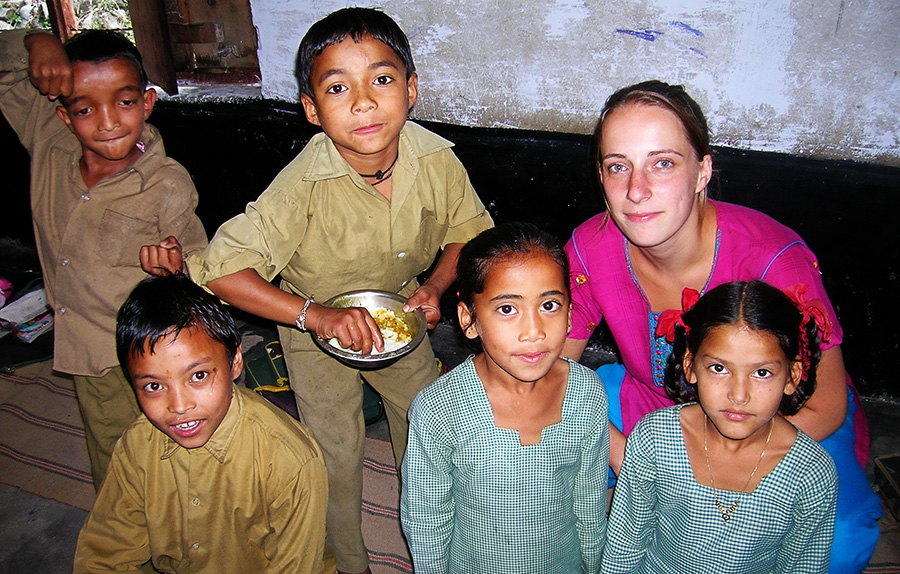
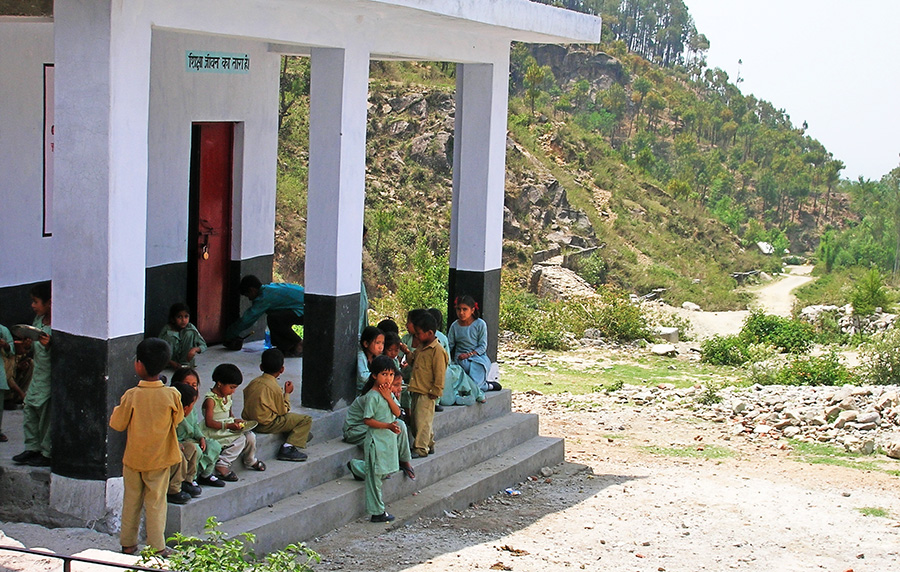
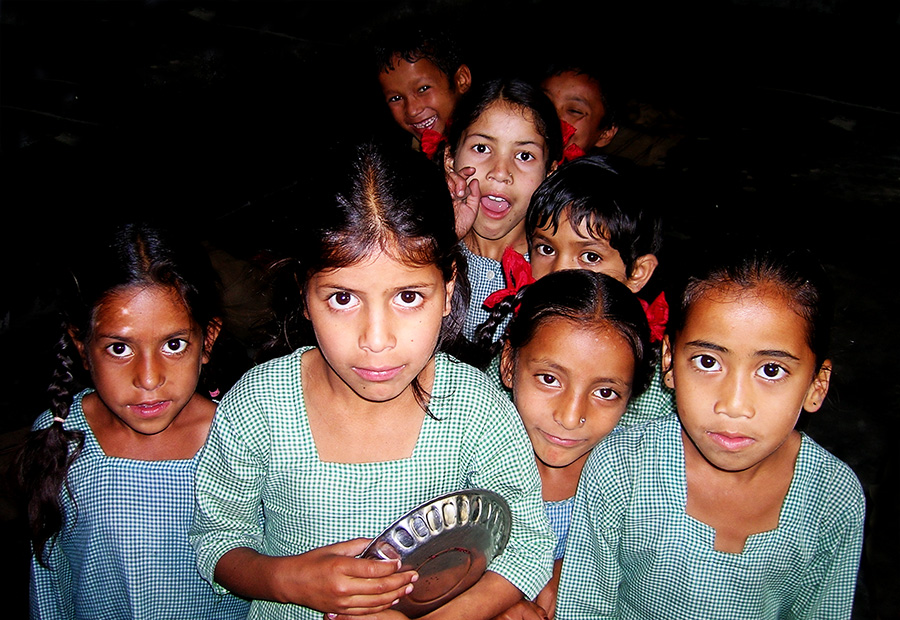



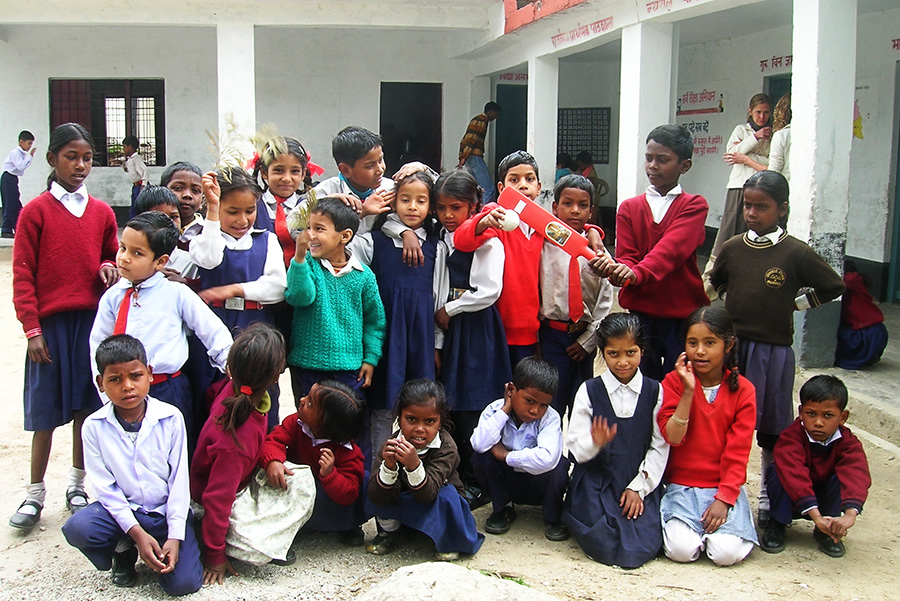
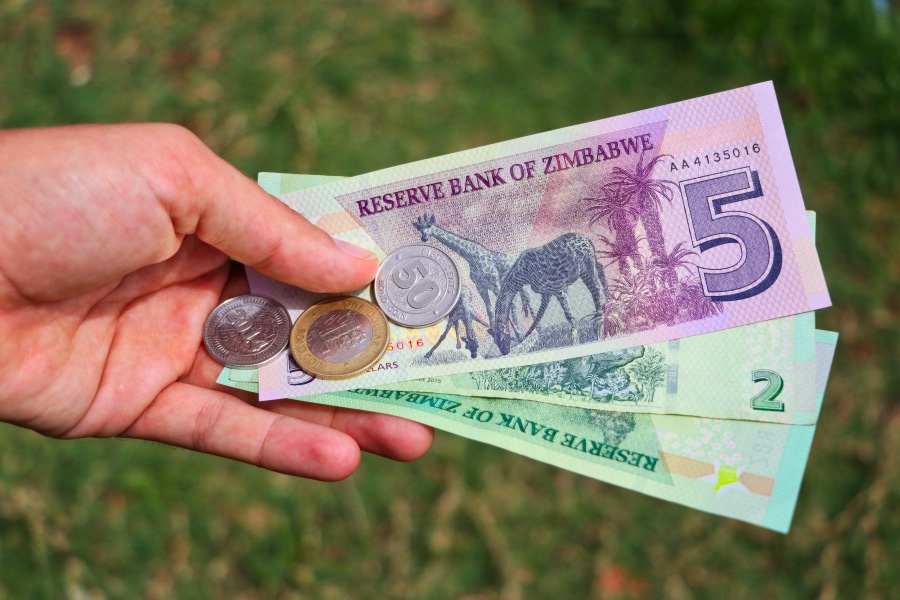









Dee
26 November 2018This is such an honest and thought-provoking post, and a wonderful read! I live in a "developing" country and I think my years here have made me a lot more sensitive to these types of situations.. Very well said and thoughtful writing.
Daisy
27 November 2018Thank you so much for your kind words <3 Hopefully I can reach as many people as possible, so we can stop these practices and find better ways to contribute to a better world!
Saakshi
16 February 2019I loved what you wrote. Thank you for writing this and for the awareness just that the headline could have been better.
Love xx
Daisy
18 February 2019Thank you for your message <3 I'm hoping I will reach many people with my story! Not sure what you mean with 'headline could be better' ;-) Any suggestions for a better headline? Thanks X
Abbi @ Spin the Windrose
21 March 2019Thanks for sharing this post. When I was younger I wanted to volunteer abroad, but then "voluntourism" became more well-known and I started having doubts. This article speaks everything I've been thinking.
Daisy
22 March 2019Hi Abbi, I'm glad you can relate to my story and made a different choice than I did. I'm hoping more people will do so, since the orphanage industry is still growing. We need to keep spreading the message.